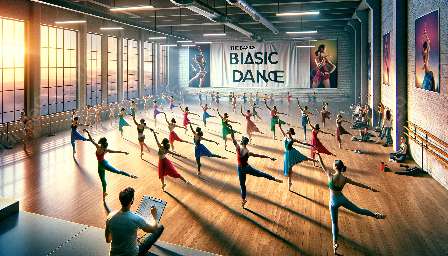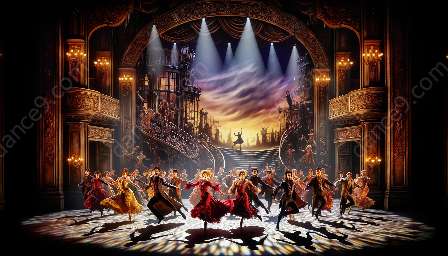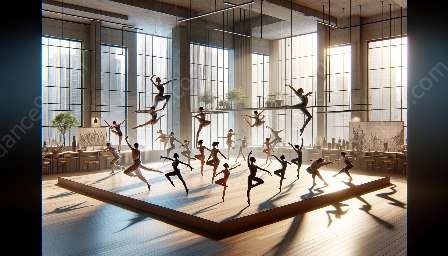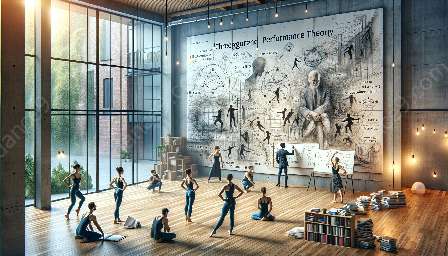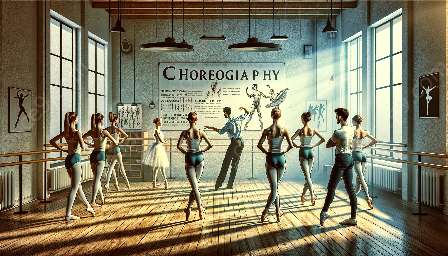Dance is not only a physical activity but also a deeply psychological and emotive form of expression. The bond between the mind and body is maximized through choreography and dance pedagogy. This topic cluster explores the intricate connection between psychology and the art of dance, delving into how choreographers and dance educators can leverage psychological insights to enhance their practices.
The Psychology of Dance Pedagogy
Dance pedagogy encompasses the instructional methods and techniques used to teach dance. It involves more than just imparting physical skills; it also affects the mental, emotional, and psychological wellbeing of the dancers. Effective dance pedagogy acknowledges the diverse psychological needs of students, nurturing their confidence, self-expression, and discipline.
Positive reinforcement, constructive feedback, and creating a supportive learning environment are crucial psychological aspects of dance pedagogy. Understanding how students perceive themselves and the dance space allows educators to tailor their teaching methods to promote a healthy psychological relationship with dance and movement.
Emotional Expression Through Choreography
Choreography is the art of designing dance sequences and movements. It involves the expression of emotions and ideas through bodily movements and spatial arrangements. The psychological aspect of choreography lies in how emotions and feelings are translated into physical movements and how dancers embody and convey these emotions.
Choreographers often delve deeply into the psychological aspects of their own emotions and experiences to create meaningful and impactful choreography. Understanding the psychological impact of movement and the ways in which it can evoke emotions and create connections with an audience is essential for choreographers to deliver compelling performances.
Mental Health and Wellbeing in Dance
Psychological wellbeing is vital for dancers' and choreographers' overall performance and career longevity. The rigorous demands of dance, including perfectionism, body image issues, and performance anxiety, can take a toll on mental health. Dance pedagogy plays a critical role in fostering a positive psychological environment that supports dancers' emotional and mental resilience.
Choreographers and dance educators need to be mindful of the psychological challenges faced by dancers and prioritize mental health support. Creating safe spaces for open communication, offering mental health resources, and promoting self-care practices are integral components of a holistic approach to dance pedagogy.
Empowering Through Movement
Psychological empowerment through dance pedagogy and choreography goes beyond physical skills; it encompasses building confidence, enhancing self-awareness, and fostering creativity. Dance educators and choreographers have the capacity to positively influence the psychological growth and empowerment of their students and performers.
By acknowledging the emotional and psychological impact of dance, instructors and choreographers can facilitate an environment where individuals feel empowered to explore their emotions, express themselves authentically, and develop a stronger sense of self through movement.

